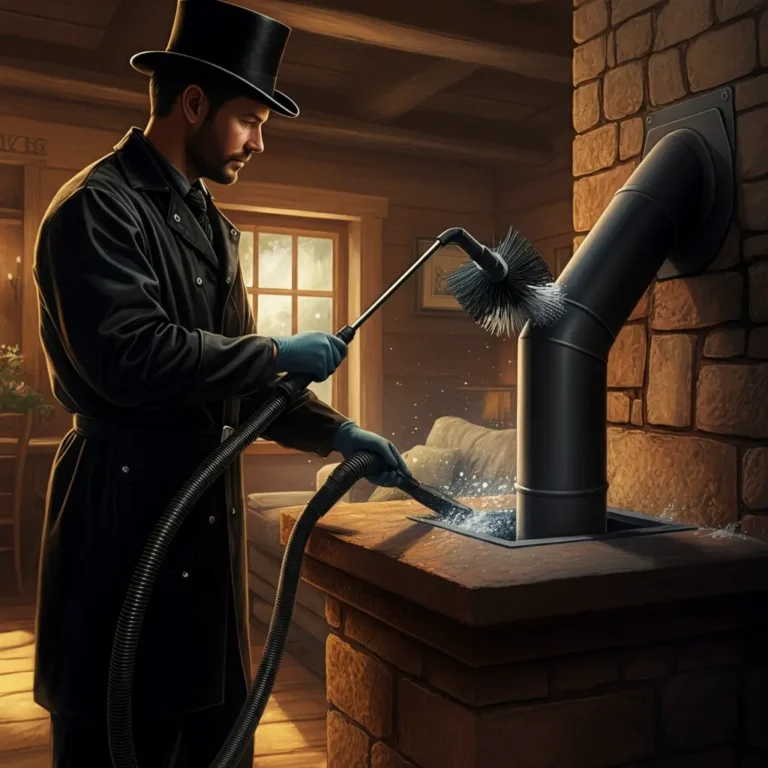How Long Does It Take for a Roach to Drown
Roaches certainly present a challenge, especially due to the multi-faceted problems they can cause, and their adaptability is equally fascinating and concerning. Severe and extreme measures do little to reduce a roach’s population because of how biologically advanced they are. One of the many questions that resonate with the common folk is whether drowning roaches is an effective way of eliminating them and if so, for how long will they remain submerged until they perish? This is mostly in regard to conversations on eco-friendly approaches to pest control mechanisms or understanding the biology of the creature.
Table of Contents
Introduction to Cockroach Survival
With regard to pests, roaches are impressively resilient. Their life-sustaining capabilities have baffled many in the past. One common question among homeowners is whether house roaches can drown, and if so, in what timeframe. Such concerns often arise from discourse regarding eco-friendly methods of pest eradication and interrogating the biology of these animals.
This article will analyze this scientific question in detail by presenting the most relevant accessible information about roaches, including their survival capabilities, their savviness in dealing with water, and approaches to eliminate them from your space.
Can Roaches Survive in Water?
Yes, roaches can survive in water, but their endurance is not limitless. While roaches are not aquatic insects, they do have mechanisms that enable them to survive brief exposure to water. For example, their hard exoskeleton offers some level of resistance to drowning, and their physical structure makes them buoyant enough to float for short periods.
Nonetheless, roaches do not excel as swimmers. Their sufficiency in water relies significantly on their ability to locate an exit within the timeframe of their oxygen reserve.
The Science of Roach Breathing
It is crucial to note how breathing works, considering a roach’s survival in water. Roaches do not possess lungs, unlike the rest of the humans. Instead, they have a system of tiny tubes called tracheae located along the sides of their bodies. These tubes allow oxygen to enter and carbon dioxide to exit.
One unique feature of these tubes is their ability to close off temporarily. When a roach is submerged in water, it seals its tracheae to keep water out. This mechanism enables them to retain some oxygen within their body, giving them a chance to escape before drowning.
This survival tactic explains why drowning a roach is not as straightforward as it seems.
How Long Does It Take for a Roach to Drown?
Under normal circumstances, it can take anywhere between 30 minutes to 1 hour for a roach to drown. This time frame varies depending on the species of roach and the conditions of the water.
For example:
- Temperature: Cold water may slow a roach’s metabolism, allowing it to conserve oxygen for longer.
- Surface Area: If there is any object in the water that the roach can cling to, it may avoid drowning entirely.
While this might seem like a long time, the good news is that roaches cannot hold their breath indefinitely. Extended exposure to water will eventually lead to their death.
Can Cockroaches Swim or Float?
Cockroaches are not natural swimmers, but they can float and move across water surfaces to some extent. Their light body and stiff legs help them stay buoyant, and they can wriggle to propel forward. However, this form of movement is inefficient and tiring for them, making water an effective barrier in pest control situations.
For instance, filling sink drains or fixing leaking pipes can help reduce a roach’s ability to hide in water-heavy environments.
Why Are Roaches Hard to Kill?
The resilience of roaches goes beyond their interaction with water. Their bodies are built for survival:
- Exoskeleton: This tough outer layer protects them from injuries and environmental changes.
- Ability to Regenerate: Roaches can recover from losing limbs and adapt to damaged body parts.
- No Dependency on Food: They can survive for weeks without food, relying only on small amounts of nutrients.
Knowing what makes them so tenacious is essential for finding effective removal solutions.
Common Myths About Roaches and Water
There are several myths surrounding cockroaches and water. Here are the most common ones debunked:
- Myth 1: Roaches can live underwater.
- Fact: Roaches may tolerate being submerged for a short period, but prolonged submersion will lead to drowning.
- Myth 2: Water kills roaches instantly.
- Fact: Roaches can hold their breath long enough to survive brief encounters with water.
- Myth 3: Roaches thrive in water.
- Fact: While they gravitate toward moist areas, being submerged underwater is not ideal for their survival.
Understanding these realities can guide the way you approach pest control around water sources.
Practical Pest Control Tips for Roaches
- Fix Leaks
- Eliminate water sources like leaky pipes or faucets that attract roaches to your home.
- Seal Gaps and Cracks
- Block entry points in walls, floors, and around sinks to prevent roaches from accessing water.
- Maintain Cleanliness
- Regularly clean areas where water accumulates, such as sinks, tubs, and drains.
- Use Traps
- Water-based traps can enhance pest control efforts by targeting roaches directly.
- Seek Professional Help
- For severe infestations, consider contacting pest control professionals who can implement specialized treatments.
Natural Methods to Keep Roaches Away From Water Sources
If you prefer environmentally friendly options, try these natural methods:
- Essential Oils: Peppermint and tea tree oil act as repellents.
- Diatomaceous Earth: This powder is harmless to humans but dehydrates and kills roaches.
- Boric Acid: Mix with sugar to attract and eliminate roaches near water-dense areas.
These options are safe for households with children or pets and are effective alternatives to chemical-based solutions.
Frequently Asked Questions (FAQs)
Can roaches drown in hot water?
Yes, roaches can drown in hot water, but the heat won’t necessarily speed up the process. However, scalding water may injure or kill them on contact.
Will leaving water out attract more roaches?
Yes, water left standing in sinks, bowls, or containers will attract roaches, as they need moisture to survive.
Do all cockroaches survive underwater the same way?
While most roaches have similar survival mechanisms, some species may withstand water conditions better than others.
Are there any immediate solutions for drowning roaches?
Pouring liquid soap into water can reduce surface tension, making it harder for roaches to float or escape.
Are roaches more active in humid environments?
Yes, humidity provides favorable conditions for roaches to thrive and breed.
The Bottom Line
Finding out how much time it takes for a roach to drown helps understand its lifecycle as well as aids in pest control. Water alone is not always the answer but paired with other removal methods; it can greatly reduce the infestation. With proper preventive measures and targeted actions, you can keep your home roach-free.







